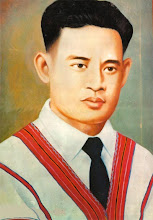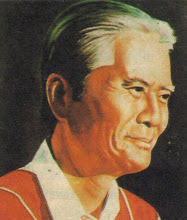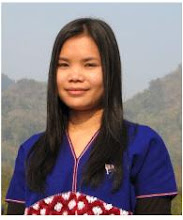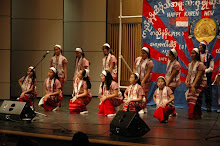India
Nonviolent resistance to British colonialism led by Mohandas (Mahatma) Gandhi and Jawaharlal Nehru brought independence to India in 1947. Its 1950 constitution, with 395 articles, is the longest written constitution of any independent nation. Over the past six decades, Indian democracy has weathered several bouts of sectarian violence and the country has remained unified.
In 2004, the Indian National Congress Party (INC) and its allies won an unexpected victory in the general election, defeating the National Democratic Alliance led by the Bharatiya Janata Party (BJP).
See "India's Democracy Has Many Voices."
Government
Executive -- India's executive branch is headed by a president and a prime minister.
• President Pratibha Patil, India’s first woman president, was elected by India’s Parliament and state legislatures to a five-year term in 2007.
• Prime Minister Manmohan Singh, India’s first Sikh prime minister, was appointed in 2004 after his INC Party led a coalition of political forces to an unexpected victory in legislative elections.
Tuesday, September 9, 2008
DEMOCRACY AROUND THE WORLD
Subscribe to:
Post Comments (Atom)










No comments:
Post a Comment